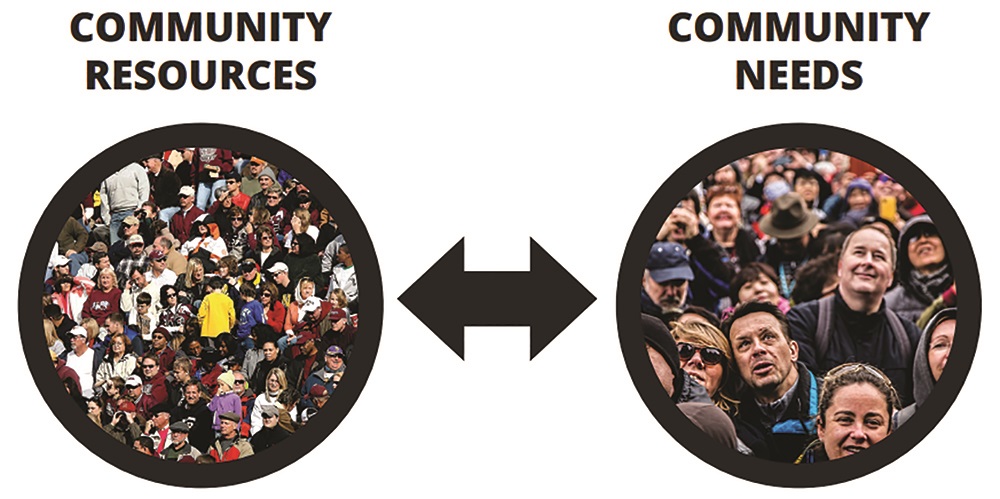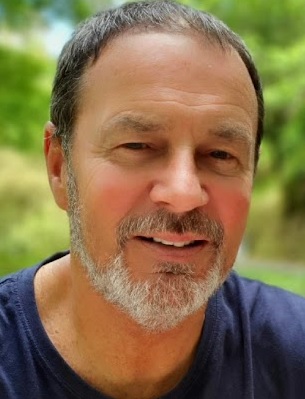It doesn’t seem too long ago that “mental health” was not part of our lexicon. Certainly, when I was a schoolboy it never entered the conversation.
That’s not to say it didn’t exist; it was simply that if anyone was feeling “a bit down”, it would be assumed they’d get over it or just needed to harden up.
These days, for rangatahi in our community, it has apparently become something they can recognise and more freely talk about. No doubt this is considerably assisted by the attention it receives in public discussions and the media.
So while it’s a healthy trend that young people are more open and aware of the issue and its impact on any person, it’s sobering to see that rangatahi are increasingly exposed to situations that can lead to mental health issues and that resources are being stretched in our communities and schools (see Jo McInerney’s Otaki College article on page11).
I don’t propose to canvass the societal trends here that might be causing the issues, because that’s a big issue on its own. However, there’s an oft-quoted African proverb that says: “It takes a village to raise a child” and I wonder what role the community might have in providing support and a safe and healthy environment?
As the realities of life for many families impacts on the well-being of rangatahi, and schools are stretched to cope, there’s a natural tendency to look for more resources from government and support services, but what about the role the whole community plays?
One thing that’s self-evident when thinking about any number of community needs is this. It’s generally easy to see where the needs are and almost as easy to see where support might come from. But getting the two connected so often seems beyond us.
I recall years ago working for a very large corporation in London. I had a stressful employment problem I wanted to sort out. So I headed to the admin and services floor where endless corridors displayed door signs with the services offered. As I knocked on each likely door, I was repeatedly told that it wasn’t an issue for that department but “why don’t you check with XYZ department”?
In the end I discovered no department could help me because my problem did not precisely fit the services of any particular area.
I suspect that support for rangatahi in mental health issues is a bit the same. For years it wasn’t talked about, so it follows that society had patchy responses, if at all.
But, just like any number of other needs in our communities, resources are stretched, not necessarily because the resources don’t exist, but it’s that they are spread around too many bewildering patch-protecting silos.
 So here’s a question that needs asking. How do we better connect community needs with the resources that undoubtedly exist in any community?
So here’s a question that needs asking. How do we better connect community needs with the resources that undoubtedly exist in any community?
In part the first answer is to acknowledge that the resources are in silos because that’s how things are organised by bureaucratic and organisational dictates. Let’s face it, if something needs funding or human support, it will need a focus (narrow definition) and plenty of dos-and-don’ts about what it can actually do.
But all these silos, many of which are well funded, are handicapped by the silo that’s driven by a mind-set that doesn’t think too far beyond a small square.
An obvious solution is to get organisations and people to connect better so they can gain a broader appreciation of real needs, and to get the silos to work together better. Anything that helps share information and resources would be a good thing.
If the silos must exist, as did the offices in that London corporation, then we need to find ways to get them talking to each other more and understanding that the needs of the community are multi-dimensional, but are actually the reason why they exist.
I’m not just talking about the “official” services in our communities – government and local authorities. Natural resources abound in a town such as Otaki, but so do a host of needs.
If rangatahi mental health is an issue the wider community could help to address, then why wouldn’t that be a community conversation that starts to join the dots towards more solutions?
 You can contact Fraser here.
You can contact Fraser here.
Fraser Carson is the founding partner of Wellington-based Flightdec.com. Flightdec’s kaupapa is to challenge the status quo of the internet to give access to more reliable and valuable citizen generated content, and to improve connectivity and collaboration.
Flightdec websites include: KnowThis.nz, Issues.co.nz and Inhub.org.nz.
OTHER POSTS
LATEST POSTS
- Who was our first knight?
- Carl Lutz – farmer who loved the land, and Fordsons
- Arthur saw nature ‘with eyes of admiration’
- Ōtaki abuzz with film festival - Ōtaki Today
- Hall helps to connect and build community
- Fear breeding fear, fear and more fear
- Plenty of help organisations in times of need
- Poor official communications fuel misinformation
- Cultural infrastructure could be our saviour
- Four-storey blocks coming as developments fast-tracked
- The world’s therapist offers little hope for global ills
- Modern conservatism the quiet killer
- Di’s QSM for services to community and environment
- However bad it might get, keep smiling
- AI is coming, ready or not
- Rewi’s story one of adversity in old Ōtaki
- Arise King Brown of the Kingdom of Auckland
- Rebuilding should draw on mātauranga
- Urban designer poses critical question - What’s the plan for Ōtaki?
- Brown hits the fan as water levels rise
